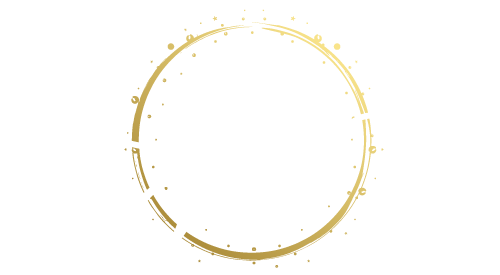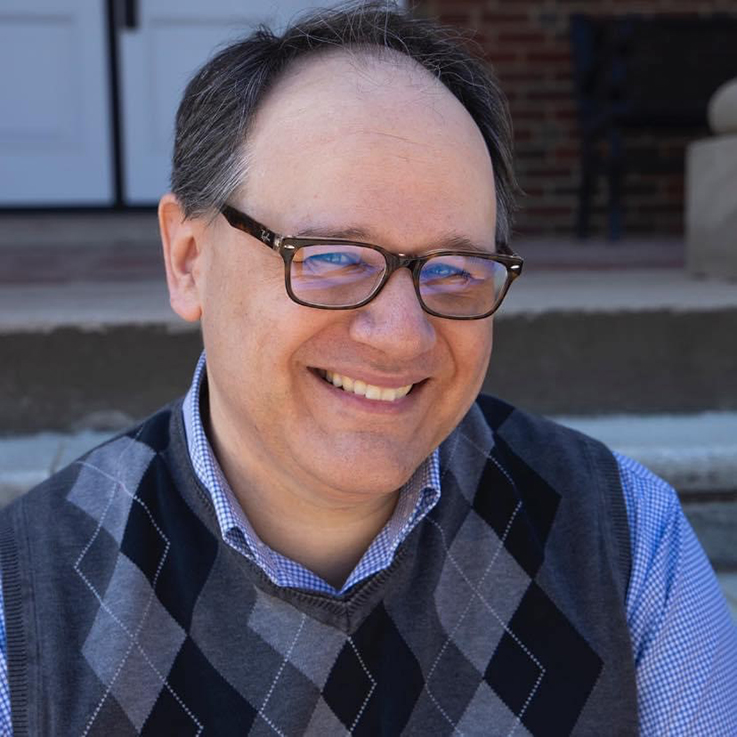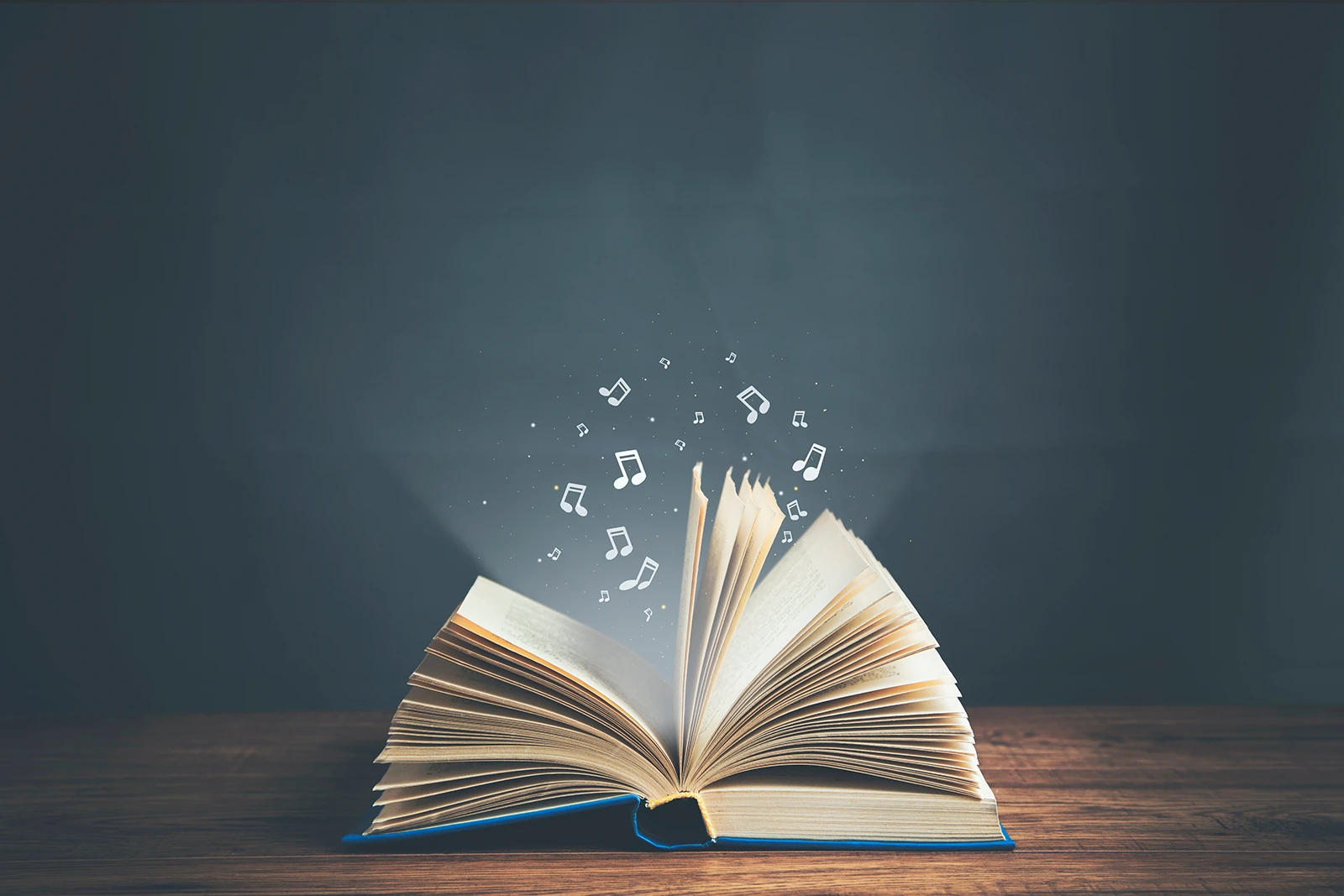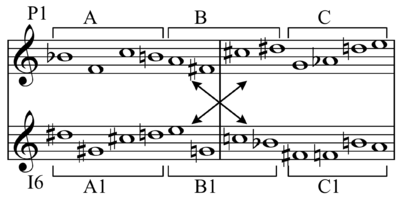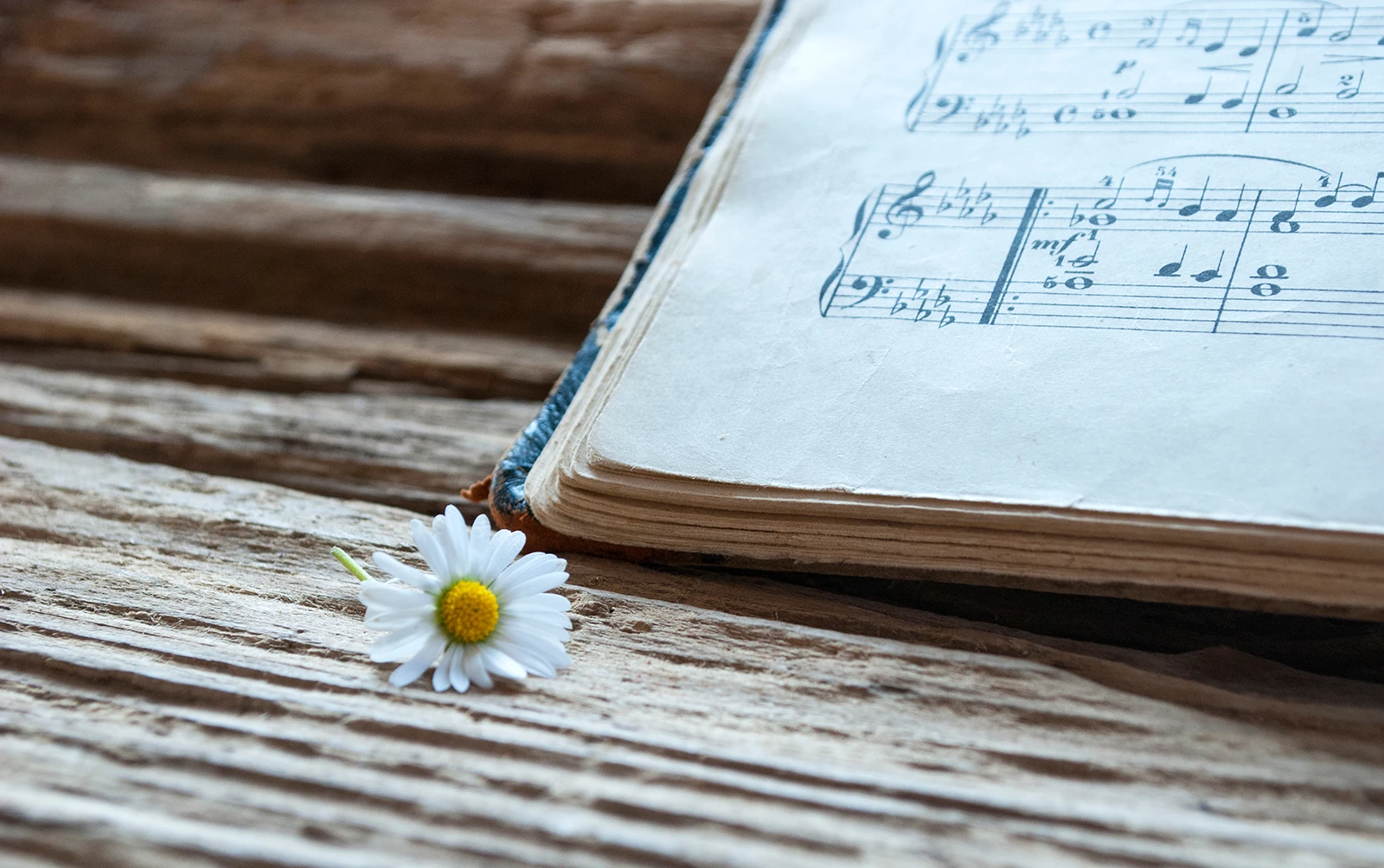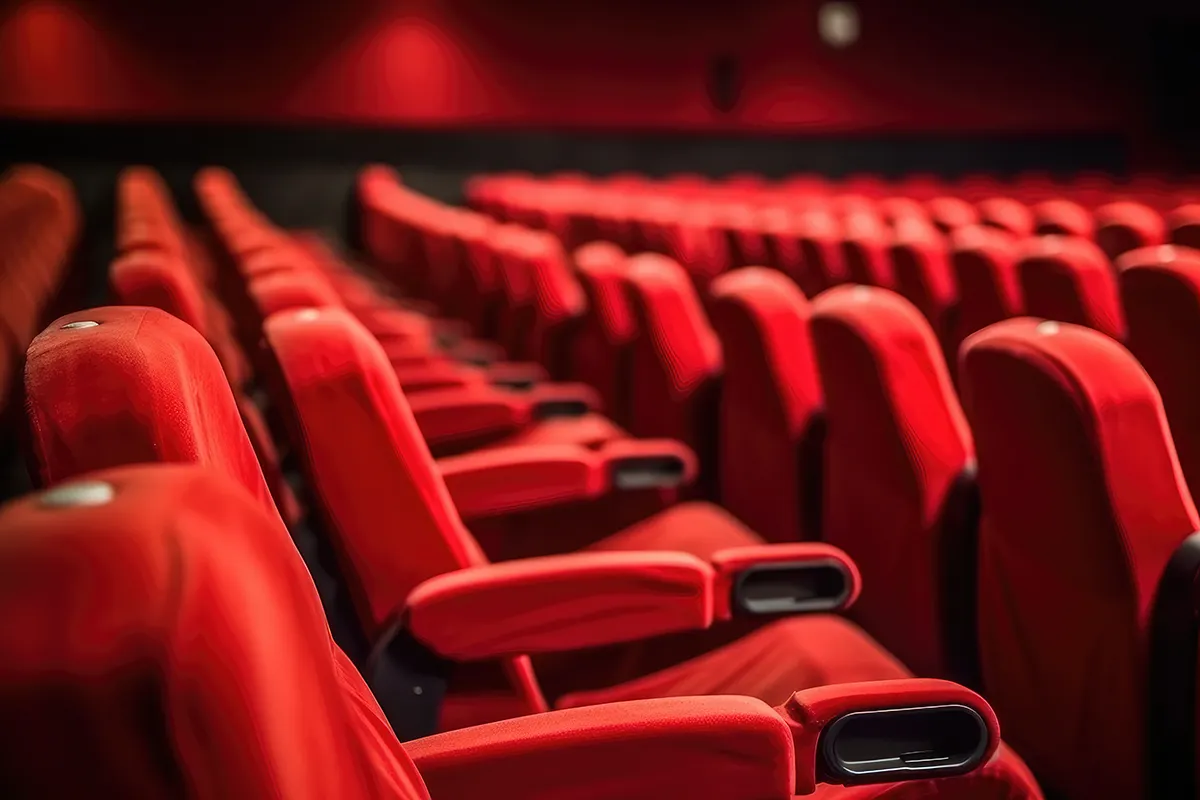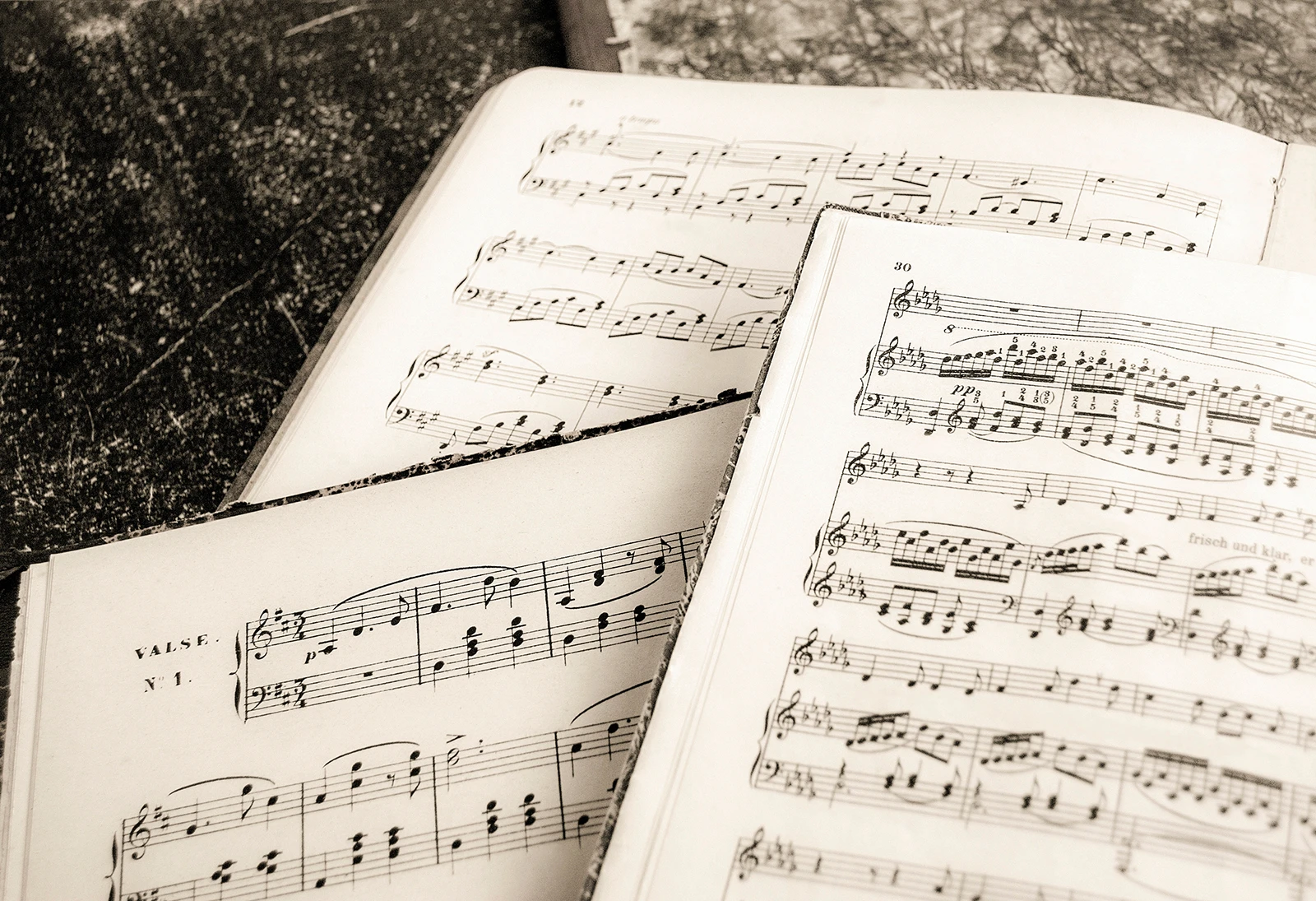Choices. It seems like in this current pandemic we are being bombarded with choices. How will we choose to do our shopping, pay our bills, keep our children safe, do our jobs, visit with family, etc.? Even before this life changing public health emergency, all of us had to make choices ranging from the mundane, to the most consequential, and everything in between. Perhaps it is due to the pandemic, or the fact that I turned 50 this year, but I have spent a lot of time thinking about the choices that I have made as a music teacher, and how those choices have determined the pathway that I have carved out over time.
Individuals much wiser than I have often stated that where we are in this very moment is the culmination of all the choices we have made. I agree with that to a large extent, although I must confess, I’m not sure what I did to have the hair on the top of my head get thinner! As a fan of Start Trek, I vividly remember Captain Picard say in the movie Star Trek: Generations, “I rather think that time is a companion who goes with us on the journey and reminds us to cherish every moment, because it will never come again.” Time is a great companion, as well as a patient teacher, if we are willing to listen in. As a music teacher that is in the middle of his career, I thought it might be interesting to share some of the forks in the road that I encountered over the course of my career, and how I eventually programmed my decision making GPS to make better choices.
For those of you that love quotes, you probably noticed right off that I was borrowing a phrase often attributed to Yogi Berra, legendary manager and player with the New York Yankees. I purposely used this quote, because in many cases “success” can be found by going down either fork in the road. However, what I later found out as I gained more wisdom (and gray hairs), is that there is a big difference between success and fulfillment with ourselves, our students, and the communities in which we serve.
Humanity vs Envy
This might be the most important decision that I make every day, and it extends far beyond my work as a music educator. In fact, I “fight this dragon” daily in almost every corner of my personal and professional life. I have referenced The Musician’s Soul by James Jordan in this column before, and I want to share the biggest gift that I received from this book that I use on a daily basis. Jordan makes the point in this book that the greatest enemy of all musicians is envy. Envy of the perfect sound, flawless technique, pristine intonation, etc. I would argue that envy can permeate our personal lives as well in form of comparing our houses, financial standing, the cars we drive, and our personal appearance just to name a few. Envy is a dangerous path to follow, because it creates an insatiable and unrealistic demand for perfection and pedestal seeking that cannot be realistically fulfilled. It damages relationships, both with ourselves and the people in our immediate community, whether they be our students or our loved ones. So what is the solution? Jordan makes the point in his book that if we can remain in a caring, loving, and understanding place within ourselves when these situation arise, we can choose a path that is focused on giving, empathy, and the shared experience of music making. I simply call this humanity. We must remember that if we are honest and pure in our intentions for becoming a conductor/teacher/musician, all of us have a unique perspective based on our own personal journey. These perspectives are valid, needed, and contribute mightily to the education of our students when they are delivered in caring, compassionate, and nurturing way. We must constantly remind ourselves that all of us as teachers have something important, unique, and positive to contribute to the education of our students. The moment that we try to become someone else, or blindly accept philosophies from others without honest introspection, we lose our individuality and humanity in the process. Said in another way, “Don’t try to become someone else – those spots are already taken!”
Love vs Fear
I often discuss motivation with my undergraduate students, and this semester has presented multiple opportunities to do this due to the life changing and unique challenges of this pandemic. For those of you that have done a lot of online teaching (as have I), keeping our students motivated through a small web camera seems like an almost insurmountable challenge. That being said, these situations remind me about what motivates human behavior, and how we can give ourselves positive messages to counteract some of the biggest challenges we face as educators and humans. I learned a long time ago through a wonderful book by David Burns (Feeling Good), that people are only motivated to action through love or fear. I, like many of you, have experienced both of these situations and would likely agree with me that making love-based decisions leads to a happier personal and professional life. However, most of these situations are not so “cut and dry” that we can make this choices on the spot. I am reminded back in 2007 that I had a minor health scare that required me to change my eating and exercise habits. When this situation occurred, I initially was acting out of fear to improve my health. Over time however, I realized that my new healthy behaviors were really motivated by my love for my wife, my family, and my health over the long term. The powerful lesson that I took away from this experience is that while we cannot control what happens to us, or the choices we must invariably make, by making love-based decisions we often received clarity of thought, positive reinforcement for our actions, and a brighter outlook on life.
Perfection vs Excellence
As a graduate student and young faculty member, I struggled mightily with this a bassoonist in the formative years of my career. One of the reasons I love playing the bassoon is that I find it enjoyable to solve the unique challenges and idiosyncrasies of the instrument, as well as the art of reed making that continues to fascinate and (at times) frustrate me! As a young graduate student, I did not have this view. While I loved playing the bassoon, the technical and musical prowess of my colleagues on many different instruments simply blew me away, leaving me often frustrated that I could not replicate my hard work in the practice room in my lessons or on stage. I’m sure they were having the same struggles as I was, but I was completely oblivious to that as I was making my “umpteenth” bassoon reed in the reed room, begging this inanimate piece of wood to come to life. After a lot of personal work, and the guidance of my very patient doctoral advisor, I came to realize that what we shouldn’t be aiming for is perfection, but rather excellence. I consider these two words to actually have different grammatical and philosophical functions: I regard perfection as a noun and excellence as a verb.
The explosion of YouTube and digital recording techniques has made finding and making flawless recordings rather easy. While I believe that these recordings are helpful to preserve our repertoire, and bring music to the masses, it creates an unrealistic expectation for performers that can have devastating mental effects. For that reason, I consider perfection to be a packaged and marketed object that has tremendous value, but it should not determine our success or self-wroth.
I would much rather chose to focus on excellence. To me, excellence is collection of deliberate actions that we take every day that promote consistency, dependability, professionalism, and a work ethic that does not waver depending on conditions outside of our control. Whether it be showing up to school early, having a score prepared in advance of the first rehearsal, or a commitment to continued growth through attendance at workshops and clinics, the quest for excellence feeds us as musicians/conductor/teachers, and can be a constant and supportive companion through our our careers. Excellence is never judgmental like the specter of perfectionism, that can hang over our heads in constant judgment over what we do and do not accomplish. Excellence supports us, nurtures us, and brings the reality of a successful teaching career for all who embrace this philosophy.
Work vs Life
If I had to chose the fork in the road that I have failed at the most, it is this one, hands down. I suspect I am not alone in this realization. Music teachers seem to be highly susceptible to imbalances in work vs life. Why? I have my own opinions which I am happy to share here. For me, it all began in undergraduate school with the academic and musical demands of earning a music education degree. I think all of us have stories of the long hours we put in at the library, practice room, and computer lab (showing my age here!), satisfying the multiple demands our chosen degree. Then, when we begin our career as teachers, the learning curve is precipitously steep trying to learn all of the complex and overlapping tasks involved in education, many of which have to be learned on the job. The situation that we inherit as teachers can often provide additional challenges, further adding to the demands of the job. The current pandemic has only magnified this challenge in ways that we could not even conceive of at the beginning of 2020.
An additional challenge that all music teachers face is that we often equate our self worth as a human being with the success we have in the profession, instead of valuing ourselves as people first and musicians second. This is often difficult, because those patterns often start when we become serious as performers in high school or earlier. I have vivid memories as a student of falling short of my expectations as a performer, and then being very upset at myself for days, questioning my choice of career.
All of these above circumstances can create problems in our personal and our professional lives. As a young teacher, my zeal for my profession created multiple problems in my personal life, costing me several romantic relationships because I was never truly present away from school. These were painful lessons to learn, but the crucible it created allowed me to make significant changes in my personal life that led me to my future wife and eventually the birth of our son.
So, what is the solution? I think it’s different for every person and every teaching situation. I do think that there are times in our professional life that we do need to be focused and selfish with our time. Music education demands that, and open communication with our loved ones can help to negotiate this focused periods. However, we must remember, and be committed, to feeding ourselves away from the job so that can be healthy and happy multidimensional human beings. Some of the greatest advice I ever received about work/life balance was from my father, John Worzbyt, who is a retired university professor. He told me: 1) Work hard / Play hard, and 2) While you will temporarily be a faculty member in your chosen field, you will always be a husband to your wife and a father to to your son. It is so important to nurture those relationships throughout your career as that will be your constant source of strength, understanding support, and love.
Expectations vs Reality
I could have very easily included this conundrum in several of the topics I have already discussed, but since it cuts across so many things we do as teachers I am choosing to include it here. How many times as musicians/teachers/conductors have our expectations fallen well short of the standards we have set for ourselves? I know I have. Despite the number of hours I practice a part, the number of reeds I scrape at my desk, or the detail I spend in an ensemble rehearsal, sometimes things just don’t work out like we want them to. If we then make the choice to beat ourselves up, or compare ourselves to others, it can create a dangerous downward spiral (see Humanity vs. Envy).
How then can we negotiate this choice? I suggest doing two things. First, reverse these two words so that the reality of our unique situation guides the musical and pedagogical choices we make for our students. Here is an example of this: a first-year teacher takes a job as a high school band director, and wants to program Gustav Holst’s First Suite in Eb. That is a terrific choice of literature, but this teacher is not accepting the reality that the students are currently playing literature at a 2.5 grade level. If this teacher chooses to not accept his current reality and go ahead with performing this work, it will create frustration for all involved. By honestly assessing what we and our students can accomplish given all of the variables involved, it exponentially increases the opportunities for success.
Secondly, I would replace the term expectations and replace it with outcomes. By deciding ahead of time what we want our students to accomplish, we create a pedagogical and philosophical pathway that will guide the education of our students. Now we have the concept of our own individual reality working in tandem with with clear and concise outcomes specific to the needs of our students. It places the process as the driving force in our teaching, rather than the product.
